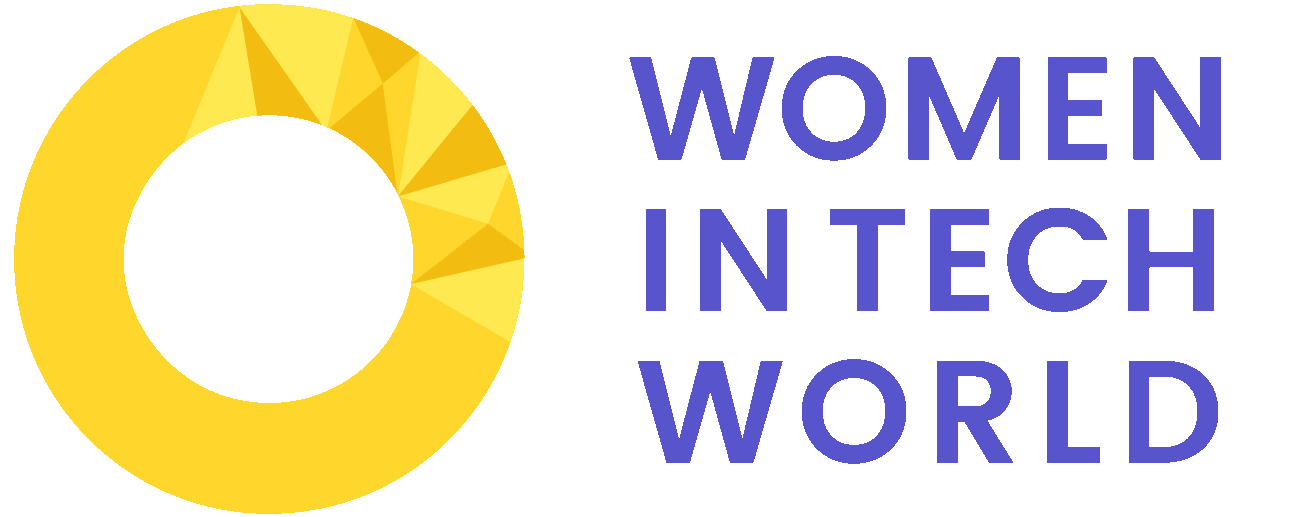Showing Up for A Career in Tech: A Mastermind Interview with Jenna McNeil
By Raman Kang
“There just has to be a culture that supports people being both community contributors and family caretakers, so everyone benefits.”
Jenna McNeil started in tech by accident. No, really. She interviewed for a position that was advertised as an administrative role at a non-profit. So far, so good, right? When she showed up for the interview, she was told that the non-profit had a sibling tech startup, so she said, “that’s cool,” and got the job. “It was really an accident, I’m more grateful than ever because now I have so much understanding and appreciation for the many people that are working hard to get into the sector.” Knowing nothing about the industry she took courses to prepare and feels lucky she found a way into tech.
Jenna is now a Product Manager at OPEN Technologies, in Vancouver. Knowing her new role would come with challenges, such as imposter syndrome, and having heard about the Mastermind series, she decided to join. “I knew the next six months of work were going to be very challenging and the Mastermind was for six months, it seemed like an excellent fit.”
Like many women in tech she wears a lot of hats and her title isn’t indicative of all that she does. “I’m a product manager in name but in practice I handle most of the internal operations and fundraising, it’s a hybrid kind of role.” Part of being a woman in tech is that you may end up taking on more than is required, Jenna explained. She points out this is especially true for smaller organizations where there may not be a department for certain issues, so someone else has to handle it on top of their own responsibilities. “What I’ve noticed is that women tend to take on more things that don’t necessarily help their career, but help the company.”
One half of Jenna’s job consists of working within the engineering, architecture and construction domains, while the other consists of liaising with the development team. “I know everyone deals with imposter syndrome, but on the one hand I’m here dealing with people from the building industry who have specialized skills and knowledge and on the other hand dealing with people in the tech sector who also have specialized skills and knowledge,” says Jenna. Not having the same kind of skills and knowledge as the experts, Jenna says her soft skills are what really serve her in tech.
Jenna joined the Mastermind because she hadn’t had a lot of success networking with other women. She had worked on an all male board of directors, and until recently the OPEN Technologies team had been all-male, so she jumped at the chance to network with women for a change. “I had been having trouble reaching women so [the Mastermind] came at an excellent time and really helped me with how to reach out to women in a professional context, in a way that they would actually respond to, which was super helpful.” The Mastermind provided Jenna with a dedicated cheer squad. “Just to state something out loud and have people affirm it was really powerful.”
Jenna says her Mastermind group didn’t have an outline for sessions, instead there was more of a co-creation, collaborative approach; at times, even, improvisational, which Jenna acknowledged that Glorie Averbach (the lead) was good at. Her group was also composed of people of different ages who worked in different sectors of tech in both big and small companies. Having a lot of diversity meant the individual challenges people faced were different for every person.“Glorie is adept at making everyone feel as if she knows them in a way that’s not superficial and I could really sense that.” She [Glorie] speaks from her own experiences without speaking down to people, says Jenna.
When thinking about the state of women in tech, Jenna says she’s tempted to be optimistic because of all the wonderful resources and programs there are out there. However, she thinks the industry is lacking in some of the benefits and protection for women who are participating in the workforce while also having a family. “There is a structural problem we’re dealing with as a country that is impacting working women everywhere.” The tech sector has a choice to make, says Jenna. The industry has to decide to be a leader on these issues and go beyond what’s required. “There just has to be a culture that supports people being both community contributors and family caretakers, so everyone benefits.”
Since the Mastermind concluded, Jenna is happy to report another woman got hired at her company who is introducing Jenna to even more women in tech. Her hope for the industry is that it continues to evolve with a focus on diversity and inclusion.
In December, Jenna was awarded the Brainstation Women in Tech World Scholarship. She is thrilled to be enrolled in the Brainstation Data Analytics program.
Photo courtesy of: Jackie Dives, jackiedives.com
